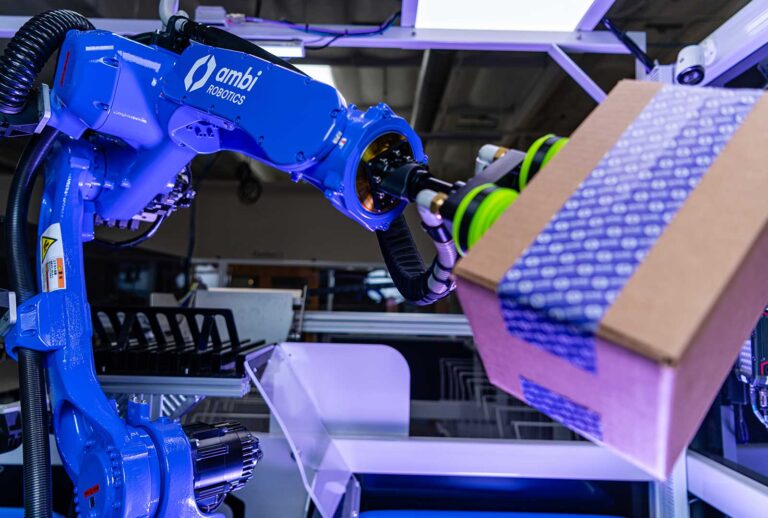bp pulse: Fleet Charging as a Service
Vic Shao, President, bp pulse fleet joined Grayson Brulte on The Road to Autonomy podcast to discuss fleet charging as a service.
The conversation begins with Vic discussing bp pulse’s electric vehicle fleet charging strategy, the importance of up-time and reliability. To ensure the up-time for partners such as Hertz, bp has developed a software layer that monitors the health of the charging infrastructure to ensure optimal up-time.
Software is the enablement tool that makes it efficient and reliable.
– Vic Shao
The charging stations that bp is installing for Hertz will be open to the public and located at high traffic locations such as city centers and airports. At airport locations, rideshare drivers will be able to access the chargers and charge their vehicles while they wait for passenger pick-ups. By early 2024, 25 locations in several states will be online.
As a traditional oil and gas business, bp pulse is complimenting the core business by expanding into new fuel types.
bp looks at electrification as just another fuel type. It’s a really attractive fuel type for any number of reasons, but it’s another fuel type. In the future bp is also going to go into hydrogen.
– Vic Shao
As fleet managers begin the process of transitioning their fleets from internal combustion engine vehicles to electric vehicles, economics are driving the decision process. The cost to transition large fleets to electric vehicles is expensive as it requires all-new vehicles along with a complex network of charging equipment. bp has a solution that will enable fleets to convert to electric without the upfront charging infrastructure capital expenditure — charging as a service.
One of the big upsides to charging as a service is scalability and upgradability. As NACS (North American Charging Standard) becomes the de facto charging plug standard as the CCS plug is slowly faded out, the charging infrastructure will be upgraded to support the new plug.
A large opportunity for charging as a service are ports that have drayage operations that operate on fixed daily routes. A lot of these drayage operations are operated by smaller carriers who might not necessarily have the financial wherewithal to invest in fleet charging. With charging as a service, these fleets will have the ability to transition to electric trucks without the capital expenditure.
By 2030, bp is on track to have over 100,000 electric vehicle charging stations online.
Wrapping up the conversation, Vic shares his opinion on the future of electric vehicle fleet charging.
Follow The Road to Autonomy on Apple Podcasts
Recorded on Thursday, August 24, 2023




